Since its foundation, Israel has wrestled with concepts of secularism and religion. Early leaders largely envisioned a secular state for the historical Jewish people. The only true democracy in the Middle East, Israel has long been celebrated for its liberal stance on social issues, such as homosexuality. In recent years, however, the ascendency of the religious right--maintained and entrenched by alliances with more secular conservative parties like Prime Minister Benjamin Netanyahu's Likud Party--has meant that further progress has been repeatedly checked.
Last week, a day after commemorating LGBT Rights Day, Israel's ruling coalition shot down a package of bills meant to expand the rights and protections of the LGBT community. Introduced by the political opposition to Knesset (Israel's parliament), and spurred on by the violent attack at Jersusalem's Gay Pride Parade over the summer, which left a 16-year-old girl dead, the proposed legislation would have introduced secular civil unions, a ban on conversion therapy, and a provision that would have treated the partners and children of gay soldiers on equal terms as their heterosexual counterparts.
For Omer Nahmany, the failure of Netanyahu, who had the day before proclaimed "all men are created equal," to rally his government to support such basic human rights was an egregious insult. Taking to Facebook, he penned an impassioned note, which has since been translated by Attitude Magazine.
Responding to those who question wether being openly gay and being a combat soldier were conflicts, Nahmany wrote:
"My answer had always been--There is no contradiction. The beauty of the military is that we're all equal. We wear the same uniform, we eat the same food, we're in the battlefield together, during training and--if needed--during wartime.
"There are no divisions between a straight soldier and a gay soldier. My soldiers can count on me to never abandon them in the field, and I can count on them."
Turning to the recent development, he said:
"But this week - I was abandoned in the field. Not by my soldiers or by my commanding officers, but by the Israeli government. The same government that asks me to go to battle and maybe lose my life, had refused to pass a law that would equate the status of a gay bereaved family to that of a straight family."
"This situation, where the state of Israel asks me to risk my life in battle but refuses to take a political risk for me on the benches of Parliament is insufferable and contradicts every value I was thought during my military service."
"I'm supposed to go into battle knowing that I'm a second class citizen, only because I'm gay. That I'm good enough to die for this country, but not good enough to be an equal-rights citizen."
And on a particularly powerful note, he ended:
"Today I'm asking the country to fight for me, just as hard as I know I will fight for my country when I'm called."
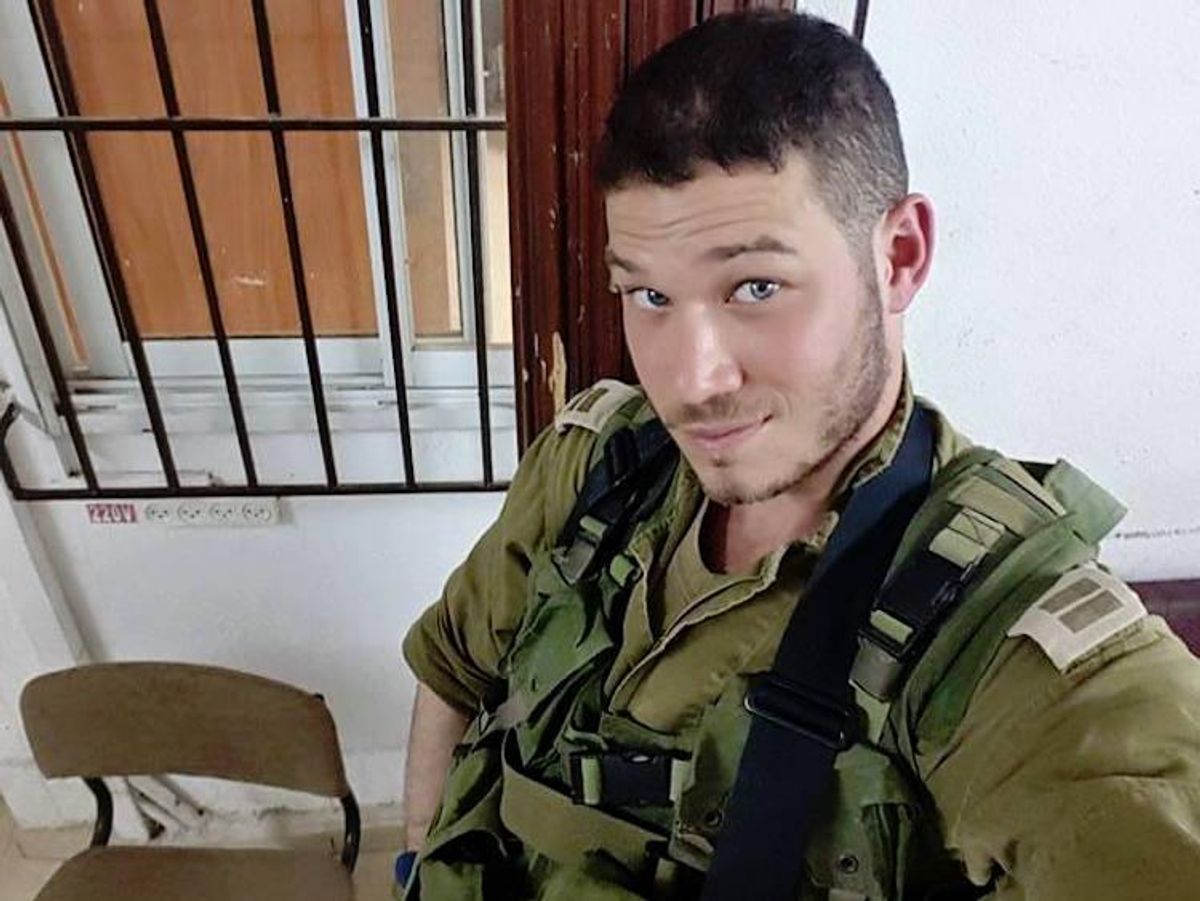

















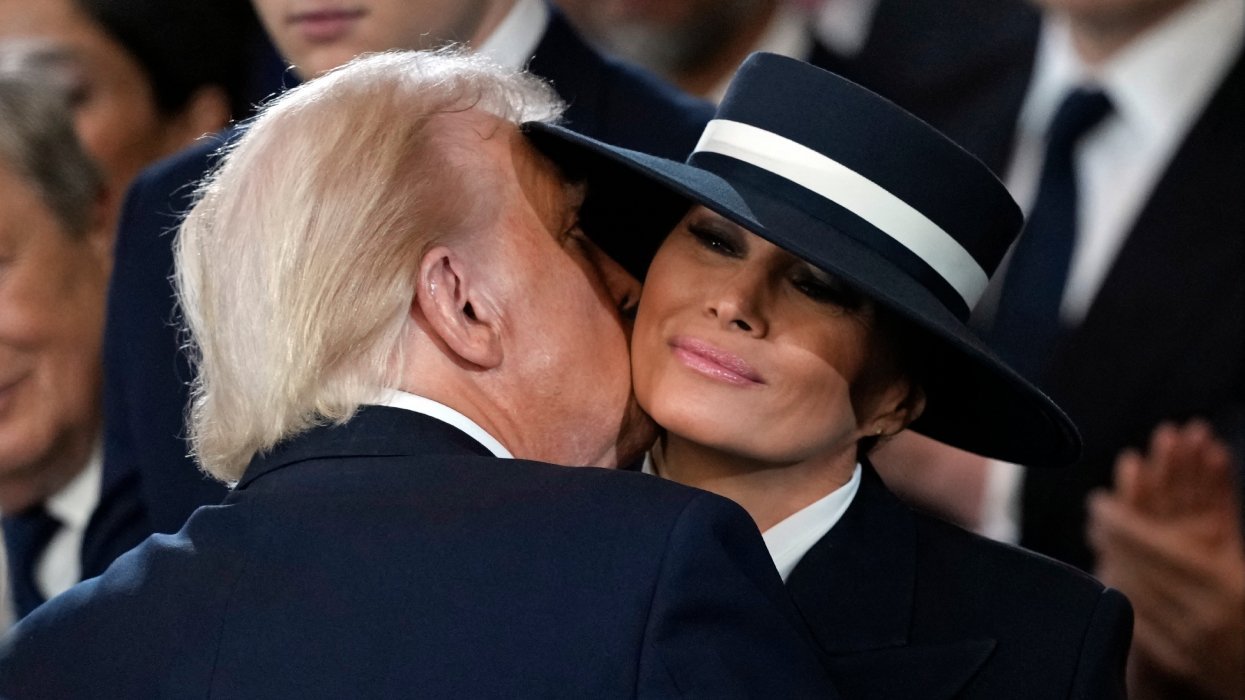


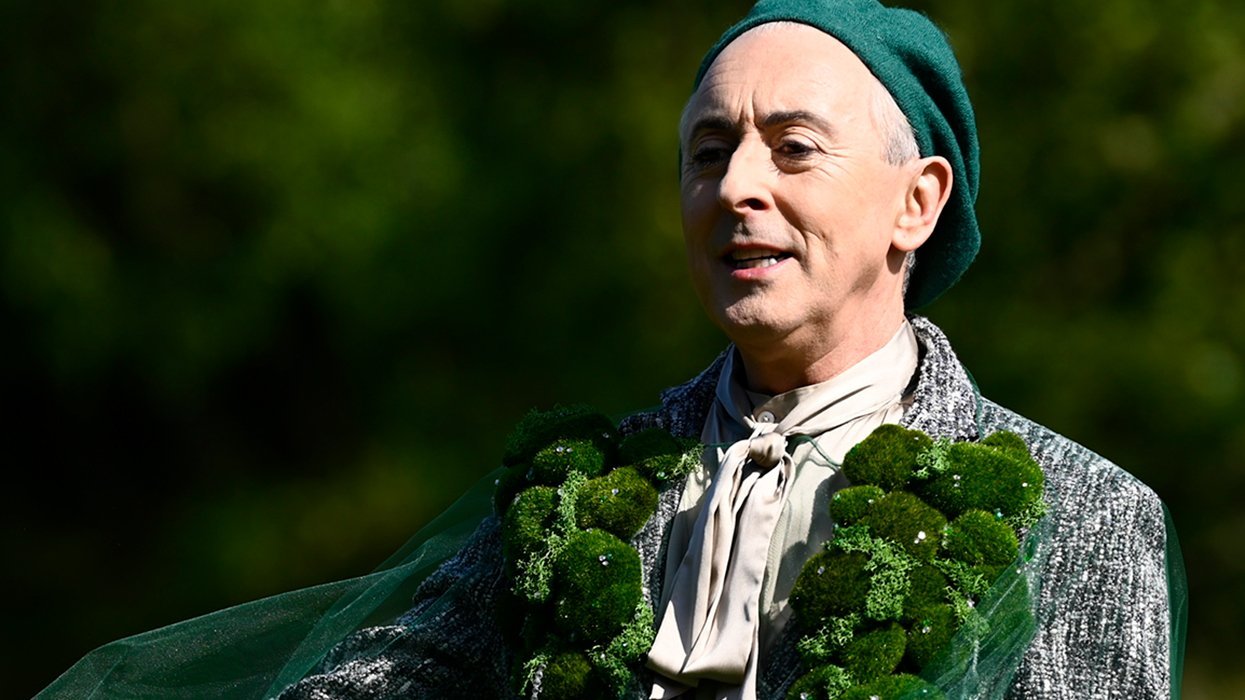
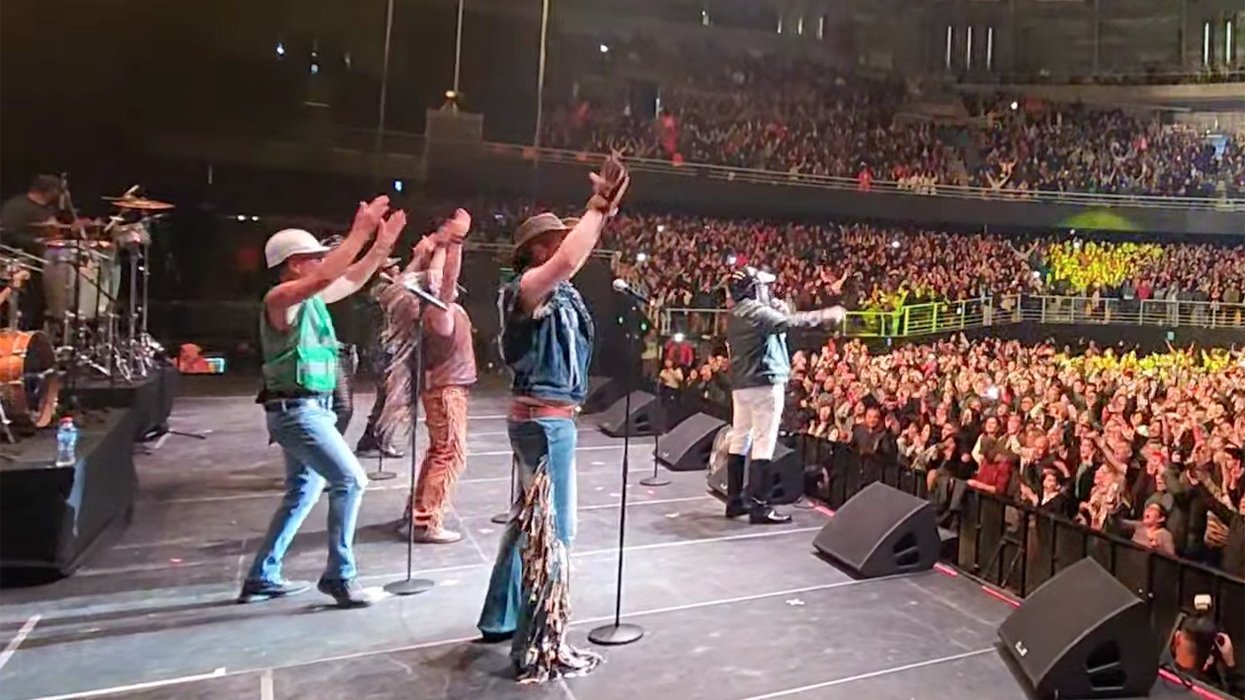

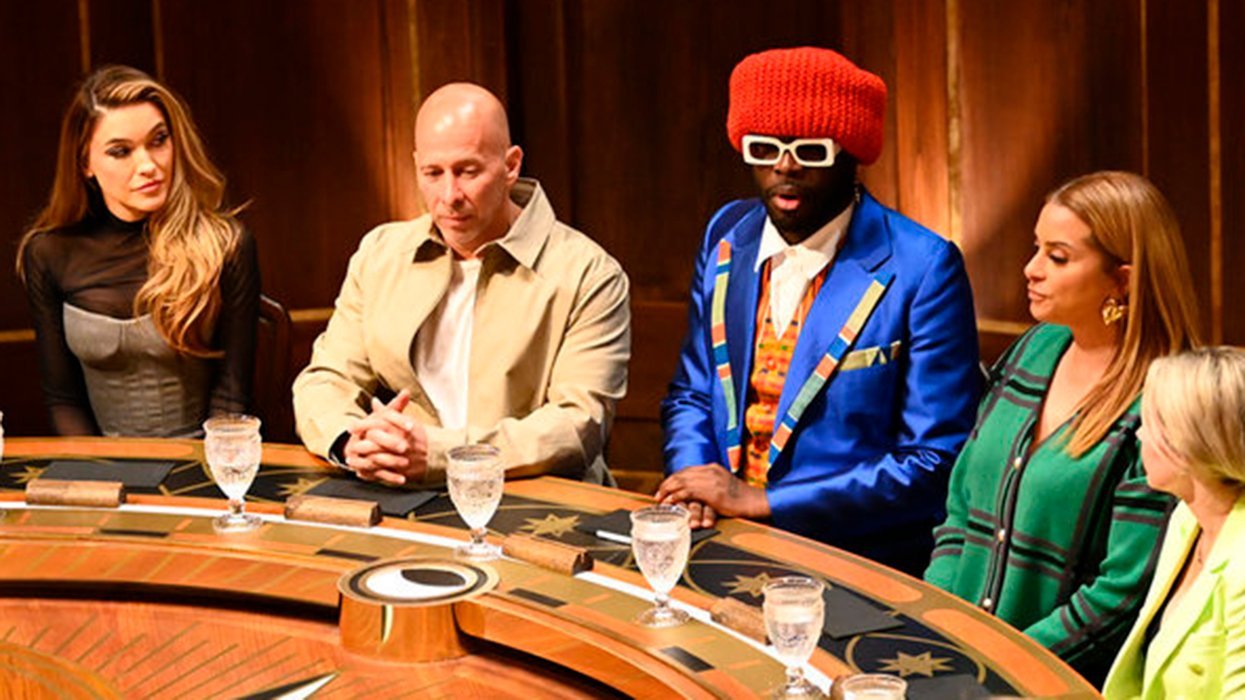

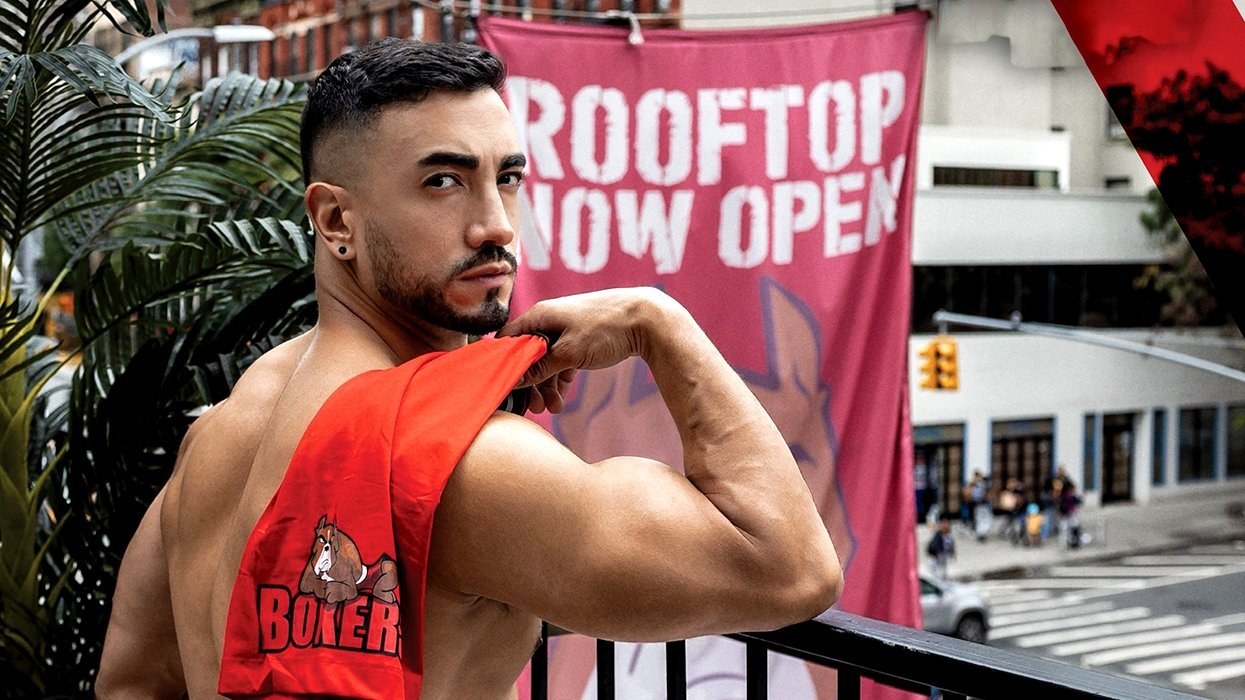
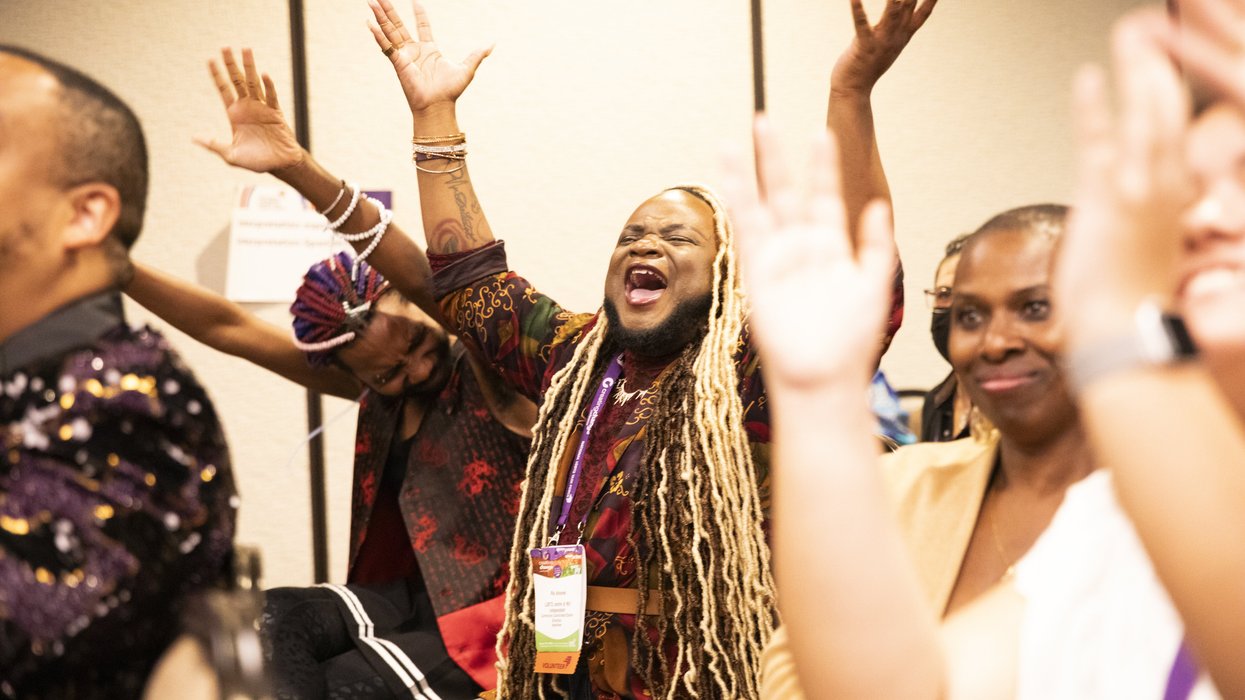
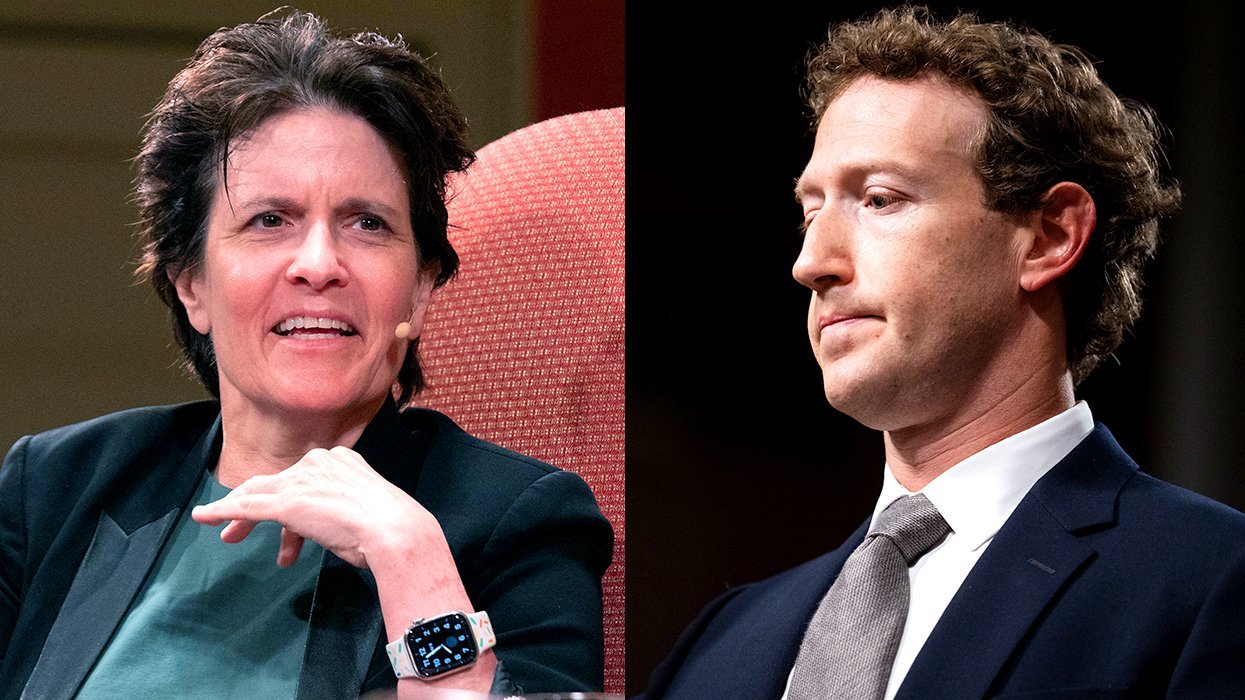
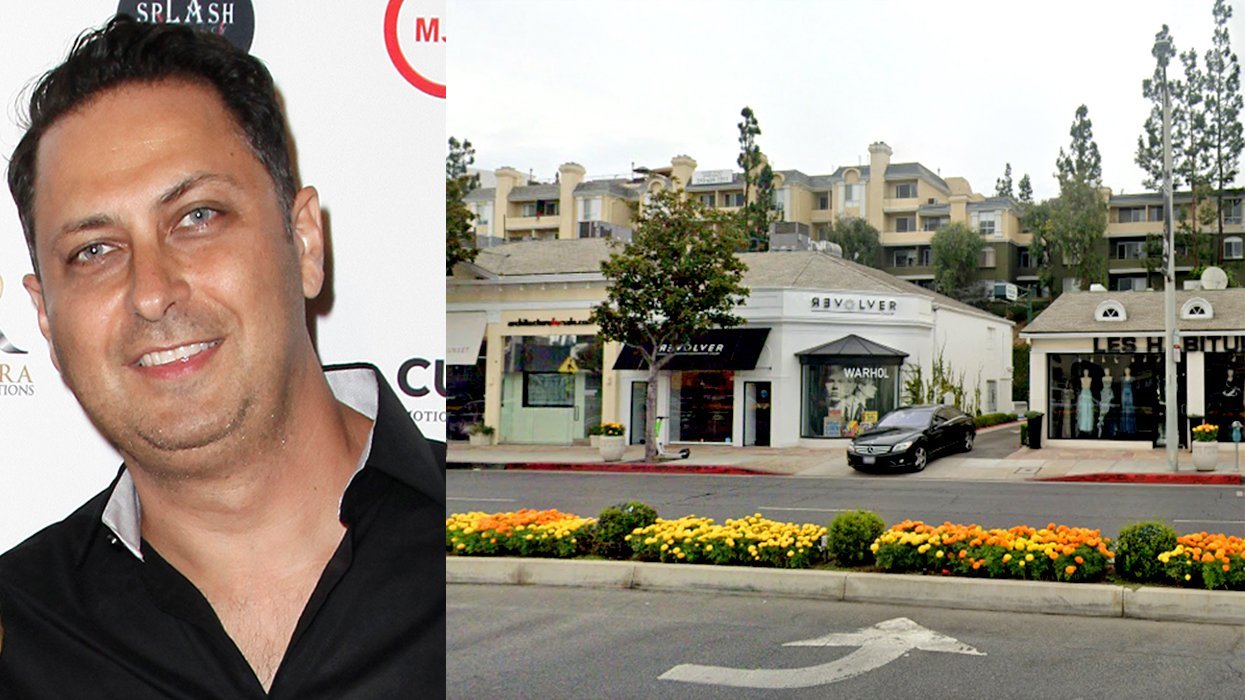
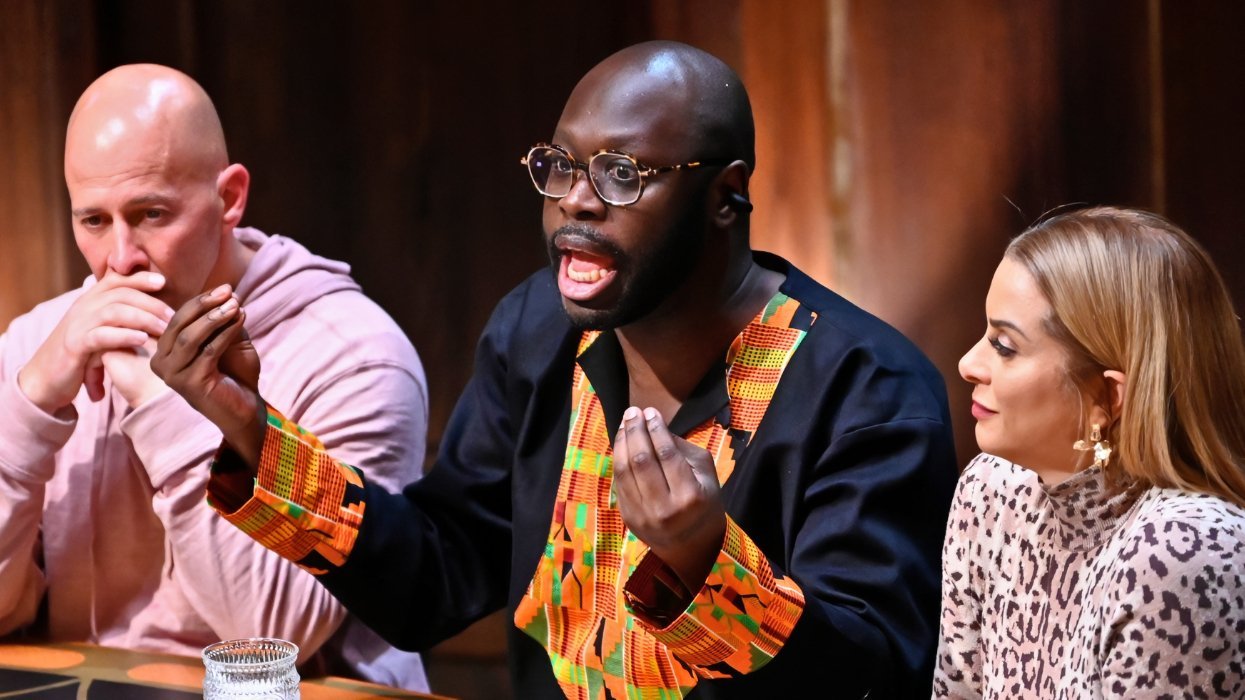



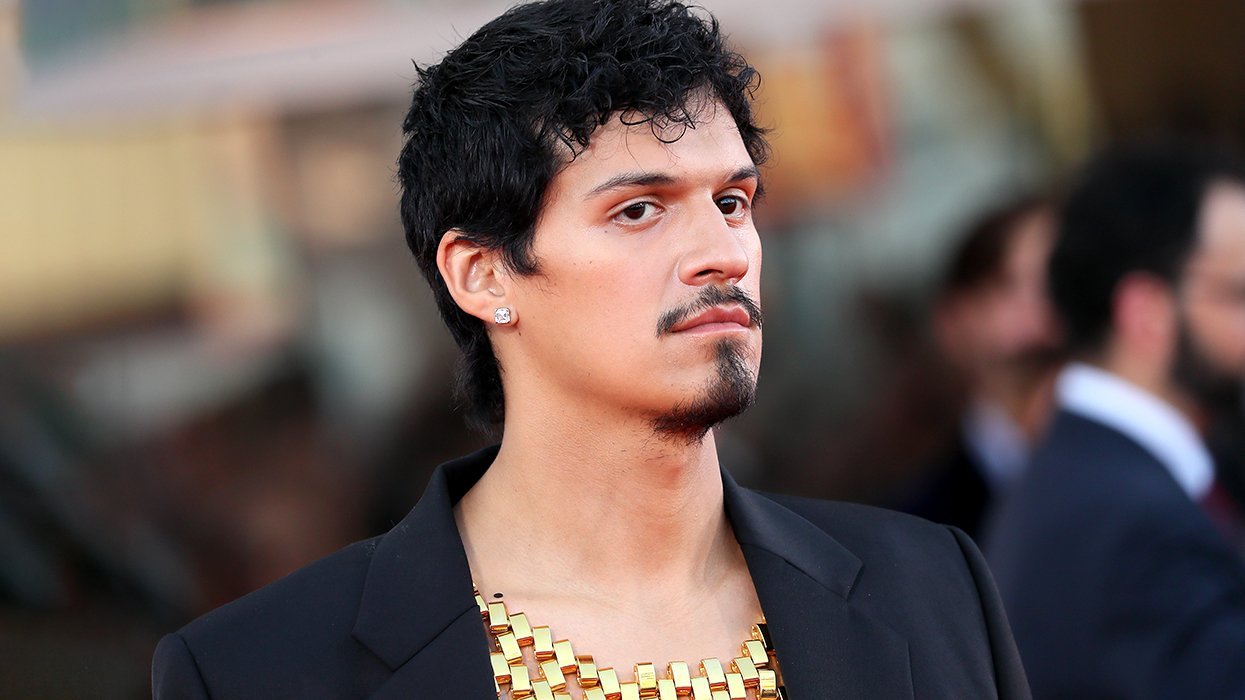




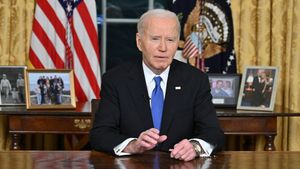







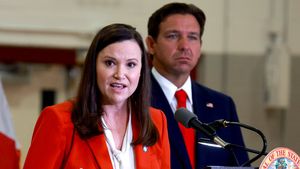


























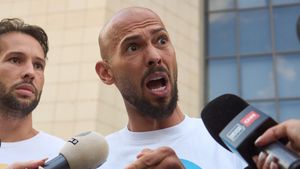









Beware of the Straightors: 'The Traitors' bros vs. the women and gays